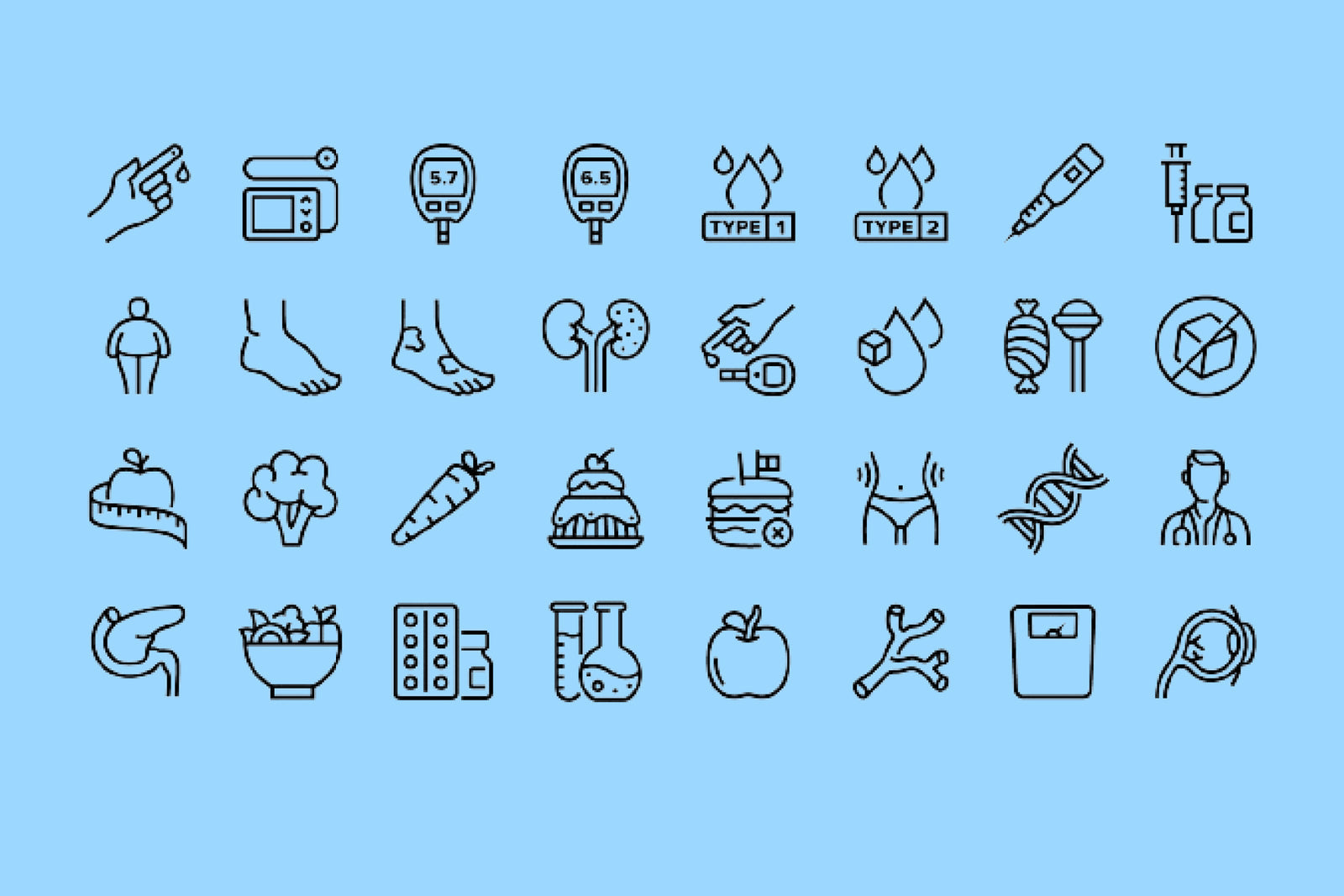How STXBP5L and rs322458 Relate to Wrinkle Risk and Skin Aging
Wrinkles are natural lines and creases that form as skin ages. They happen mainly because collagen and elastin, the structural proteins that keep skin firm and elastic, decline over time. Environmental factors such as sun exposure, smoking, pollution, poor sleep, and dehydration can speed up this process. The STXBP5L gene helps regulate how skin cells respond to ultraviolet light and how they manage collagen. A common genetic variation called rs322458 in the STXBP5L gene can influence how well your skin handles photoaging and preserves collagen.
What this means for you
Your rs322458 genotype can suggest a tendency toward better or lesser natural protection from photoaging. It is only one piece of many that influence skin health. Lifestyle, skincare habits, nutrition, and other genes all play important roles. PlexusDx provides this information to educate about genetic predispositions only. This is not medical advice. Always consult your healthcare provider for personalized recommendations.
Genetic Interpretations
Two effect alleles (TT)
If you have the TT genotype for rs322458, you carry two copies of the effect allele. This profile is associated with a potential advantage in handling photoaging. The STXBP5L gene produces the protein Tomosyn, which helps skin cells respond to UV damage and supports collagen maintenance. With TT, your skin may preserve collagen more effectively and show slower development of visible wrinkles over time.
Even with TT, external factors still matter. Continue protective habits to keep the advantage working for you.
One effect allele (CT)
If you have the CT genotype for rs322458, you carry one copy of the effect allele. This suggests a moderate advantage in how your skin manages photoaging. Tomosyn function may be partially supportive of collagen preservation, potentially slowing visible signs of aging compared with individuals without the T allele.
Keep in mind that lifestyle and environmental exposures will strongly influence long term outcomes. Use sun protection and supportive nutrition to complement this genetic tendency.
No effect alleles (CC)
If you have the CC genotype for rs322458, you do not carry the T variant that is associated with enhanced protection against photoaging at this location. This does not mean your skin will age poorly. Many people with CC maintain healthy, resilient skin by prioritizing protective behaviors. Because this single variant does not determine your destiny, strong lifestyle and skincare choices are especially important.
Practical Steps to Support Skin Health
Regardless of genotype, the following strategies help protect collagen, minimize photoaging, and keep skin looking its best.
Sun protection
- Use a broad spectrum sunscreen with SPF 30 or higher every day on exposed skin, even when cloudy. Reapply every two hours when outdoors.
- Wear sun protective clothing, a wide brim hat, and UV-blocking sunglasses during peak sun hours.
- Seek shade and avoid intentional tanning. Use window UV film or protective clothing when driving or sitting near windows for long periods.
Nutrition and hydration
- Eat a colorful array of fruits and vegetables that provide antioxidants, vitamins, and polyphenols. Aim for berries, leafy greens, bell peppers, tomatoes, and citrus.
- Include sources of healthy fats such as oily fish, walnuts, chia or flax seeds, and olive oil to support skin barrier function.
- Ensure adequate protein intake to supply amino acids needed for collagen synthesis. Include lean meats, poultry, fish, eggs, dairy, legumes, or plant-based protein sources.
- Stay well hydrated. Aim for consistent daily fluid intake and limit dehydrating beverages.
Supplements to consider
PlexusDx provides educational information about supplements commonly used to support skin health. Speak with your healthcare provider before starting any new supplement.
- Vitamin C: important for collagen formation and antioxidant protection. A daily intake through diet or supplements can support skin health.
- Vitamin E: an antioxidant that works with vitamin C to protect cell membranes from oxidative damage.
- Omega-3 fatty acids: support skin barrier integrity and reduce inflammation. Consider fish oil or algae-based supplements if dietary intake is low.
- Collagen peptides: may provide amino acids that support skin structure and improve hydration and elasticity in some people.
- Polyphenol supplements such as green tea extract or resveratrol can add antioxidant support. Discuss dosing and safety with your provider.
Skincare and topical strategies
- Use a gentle daily cleanser and a moisturizer suited to your skin type to maintain barrier function.
- Topical retinoids or retinol help increase collagen production and accelerate skin cell turnover. Use under guidance if you have sensitive skin or are pregnant.
- Antioxidant serums containing vitamin C and E can protect against oxidative damage and support collagen.
- Consider professional treatments such as microneedling, lasers, or chemical peels under a licensed dermatologist for targeted wrinkle reduction. Consult a professional to determine suitability.
Lifestyle habits that protect your skin
- Stop smoking. Tobacco accelerates collagen breakdown and increases wrinkle formation.
- Get regular sleep to support repair processes and hormone balance that impact skin health.
- Manage stress through mindfulness, exercise, or relaxation techniques. Chronic stress can impair skin healing and increase inflammation.
- Stay physically active. Exercise supports circulation and systemic health that benefit skin.
- Limit excessive alcohol which can dehydrate skin and impair recovery.
When to talk with a professional
Consider discussing your genetic results and skin concerns with a dermatologist, primary care provider, or a registered dietitian if you want personalized guidance. They can help you interpret how this genetic information fits with your overall health, review any supplement interactions, and create a tailored plan that suits your skin type and medical history. PlexusDx provides education about genetic predispositions only. This information does not replace professional medical advice. Consult your healthcare provider before making health care decisions or starting new treatments.

Share:
Stretch Marks | FN1 (rs3910516)
Stretch Marks | FN1 (rs3910516)